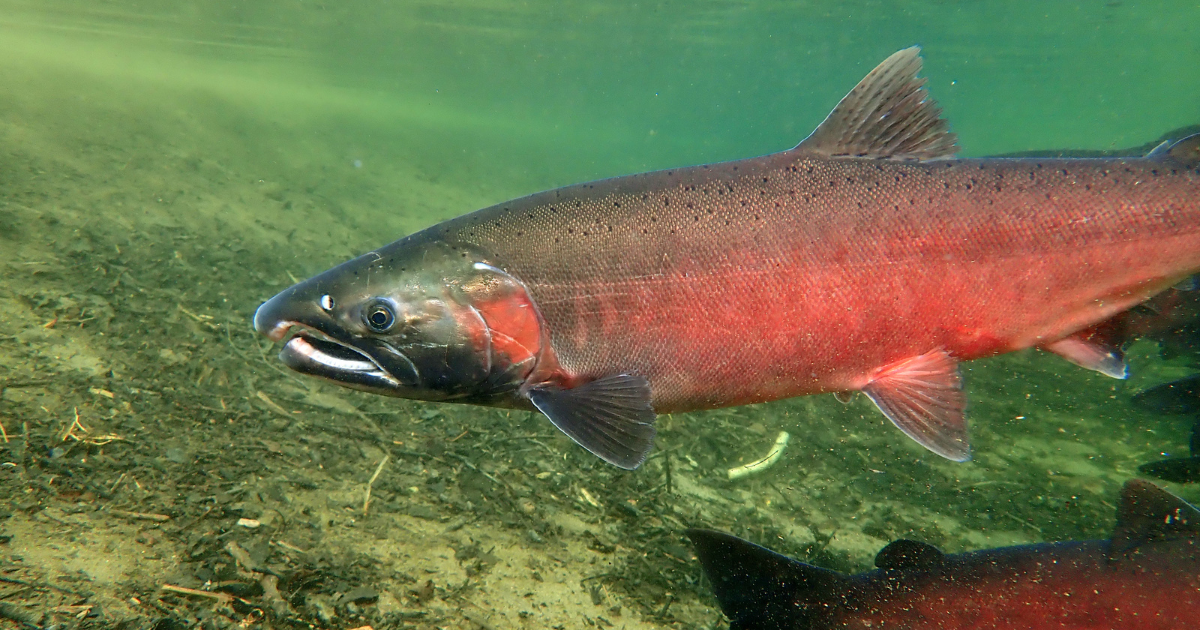Announcement launches Cycle 2 of Safer Products for Washington that will help avoid harmful chemicals put in cookware, household cleaners, plastics, and tires
Toxic-Free Future applauds this science-based step that protects people and the planet
LACEY, WA— Yesterday, the Washington State Department of Ecology proposed seven new “Priority Chemicals and Chemical Classes,” used in a wide variety of consumer products, from cookware and household cleaners to tires and products made from polyvinyl chloride (PVC) plastic, among others. The announcement launches “Cycle 2” of regulations as part of Safer Products for Washington, the nation’s strongest law regulating toxic chemicals in products—a major source of contamination in our homes, food, waterways, and bodies. The news comes one week after the Department finalized its precedent-setting Cycle 1 regulations including first-ever bans on toxic chemicals put in plastic casings, vinyl flooring, and beverage liners.
The seven chemical classes proposed in Ecology’s latest announcement include 6PPD; benzene, ethyl benzene, toluene and xylene substances (BTEX); brominated and/or chlorinated substances; cadmium and cadmium compounds; cyclic volatile methylsiloxanes; formaldehyde and formaldehyde releasers; and lead and lead compounds. Toxic-Free Future outlines this information in this chart.
National leader in environmental health research and advocacy, Toxic-Free Future applauds this science-based step that protects people and the planet. The proposed “Priority Chemicals” are widely used, both in consumer products and by workers. Their hazards are well-documented, including hormone disruption, reproductive harm, and cancer, and have far-reaching impacts to sensitive populations such as children, and sensitive species such as salmon.
In response to the news, Toxic-Free Future stated the following:
“The experts at the Washington State Department of Ecology have set out a strong, science-based path toward protecting people and the environment from chemicals known to cause cancer, harm to brain development, and other health effects,” said Erika Schreder, science director for Toxic-Free Future. “We can’t act too quickly to remove dangerous chemicals like lead and formaldehyde from products when companies can replace them with safer solutions.”
“Manufacturers and retailers will and should take note of the message this is sending,” said Cheri Peele, senior project manager for Toxic-Free Future. “This list of chemicals provides a signpost for companies as they move toward creating a safer marketplace.”
The draft proposal will be available for public comment through July 14, 2023, according to Washington’s Department of Ecology.
BACKGROUND ON SAFER PRODUCTS FOR WASHINGTON LAW
The Safer Products for Washington Act is the nation’s strongest law regulating toxic chemicals in products—a major source of contamination in our homes, food, waterways, and bodies. Washington state passed this precedent-setting legislation in 2019, which helps protect people and the environment from toxic pollution. The law plays an important role in making products safer nationwide by helping to drive the transformation of global supply chains.
On May 31, 2023, Washington’s Department of Ecology finalized regulations from Cycle 1 of the Safer Products for Washington law, which included first-ever bans on toxic chemicals put in plastic electronic casings, vinyl flooring, and beverage liners, among others.
A growing body of science and Toxic-Free Future’s research have documented that chemicals escape out of products into dust and air in our homes, travel through wastewater, and pollute homes, waters, the food supply, and even us. Costs of cleanup and health impacts due to these chemicals such as the toxic “forever chemicals” PFAS are significant for governments, taxpayers, and businesses.
The findings of safer alternatives, as required by the Safer Products for Washington law, uses hazard-based tools such as GreenScreen and ChemFORWARD, which are also helping manufacturers and retailers transition to safer chemicals and materials.
Retailers and brands are increasingly adopting safer chemicals policies to eliminate hazardous chemicals in key product sectors, according to Toxic-Free Future’s annual Retailer Report Card. A number of major retailers have already adopted voluntary policies to reduce and eliminate a number of dangerous chemicals and plastics including PFAS, ortho-phthalates, organohalogen flame retardants, PVC plastic, and bisphenols.
TOXIC-FREE FUTURE
Toxic-Free Future is a national leader in environmental health research and advocacy. Through the power of science, education, and activism, Toxic-Free Future drives strong laws and corporate responsibility that protects the health of all people and the planet.
###
MEDIA CONTACT
Stephanie Stohler
[email protected]

